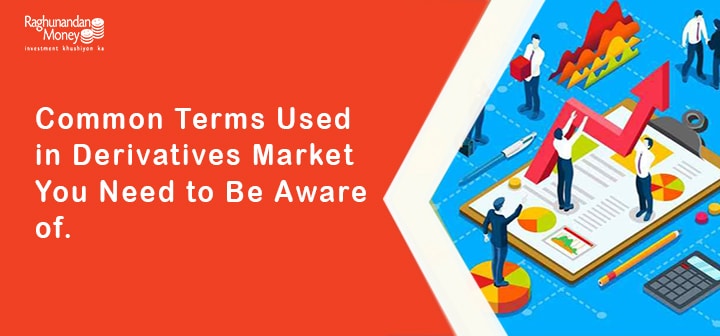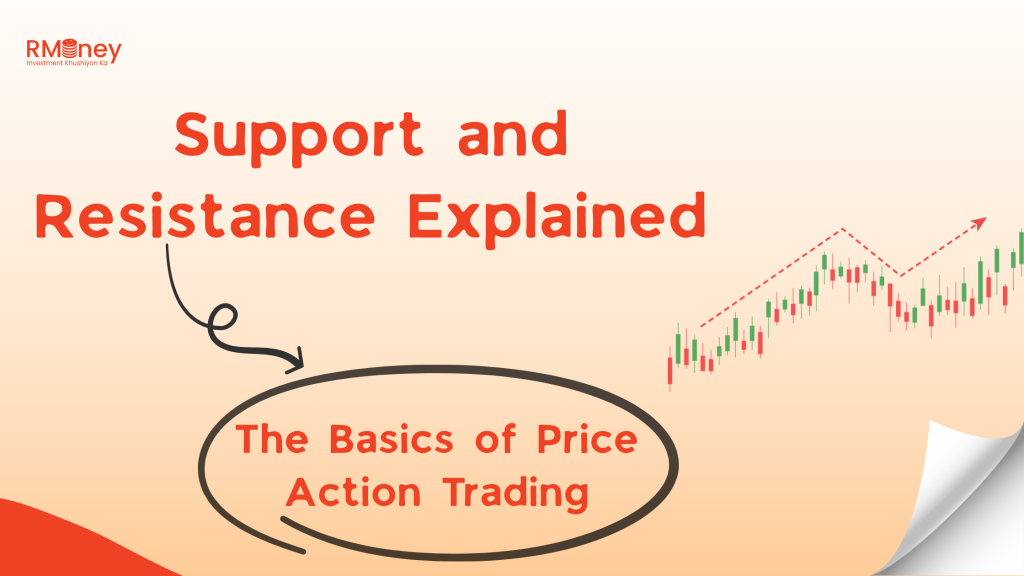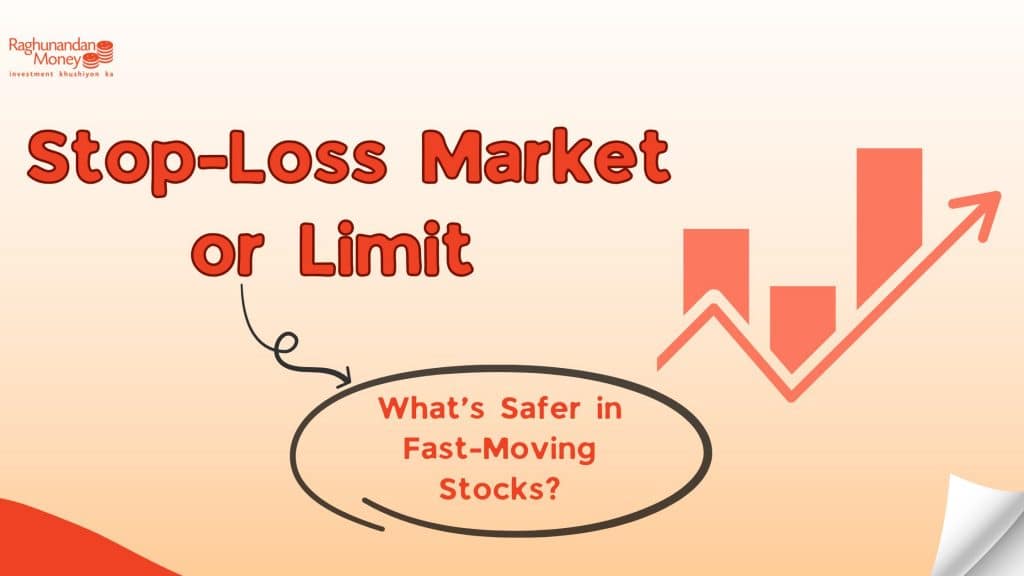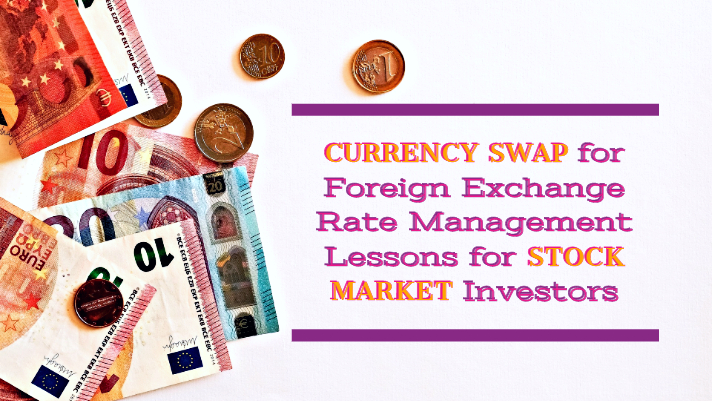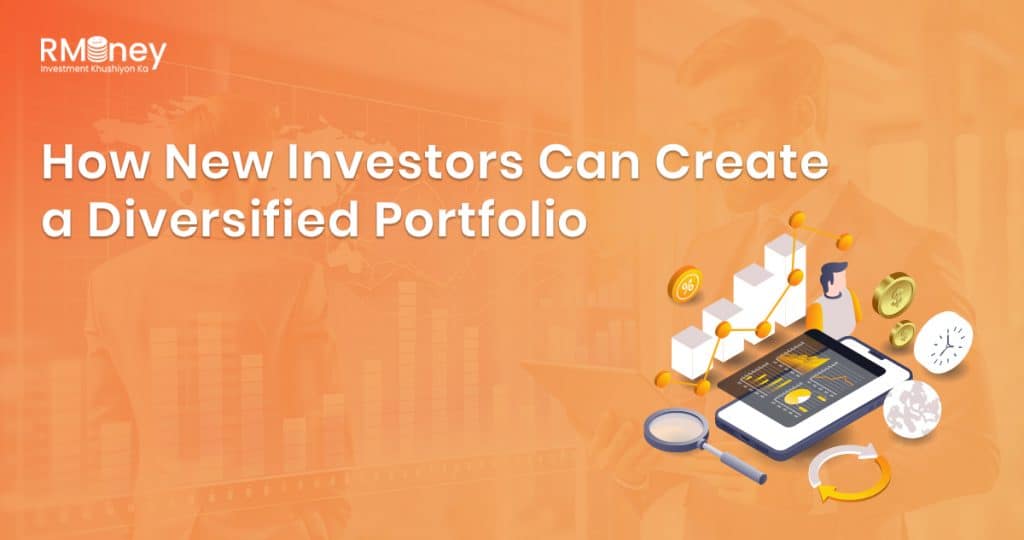Derivatives market trading is a whole different world in itself. The market is extremely large, regulated by SEBI, and is different from other markets to a great extent having its own languages and terms to be used. For a beginner in the field of the derivative market, it might be difficult to understand the information being shared.
Thus, it is essential, especially for beginner traders, to understand the basic terms of this market before making trades. This article will inform you about some of the basic terms used in the derivative market. Though the list might not be exhaustive, it definitely covers some of the most frequently used terms in the derivatives market.
5 Common Derivatives Market Terms
Long Position
When it comes to stocks or bonds, a client is either on the buying or on the selling side. However, the terminology differs in the case of the derivative market. Here, if you are someone who is buying the derivative contract, you are on the long side of the contract. It is simply referred to as going long in the market. A long position is when you buy a stock, bond, or currency with the expectation that its price will rise in the future.
For instance, if you buy a contract agreeing to exchange 1000$ for 900 Euros, you are going long on dollar.
Short Position
Going short is just the opposite of going long in the derivatives market. In easy terms, if you are the one who is selling the derivative contract you are at the short position. If you sell a stock, commodity or currency expecting its price to decrease in the near future, you are in short position.
Being a seller in the derivative market means having a short-term horizon, and shorting on underlying financial instrument. For instance, if we consider the above example, when you agree to exchange 1000$ for 900 Euros you are going long on the dollar but short on the Euro.
Spot Contract
A spot contract is the one that includes the physical delivery of the currency or instrument. A spot transaction is the one that takes place into account the time value of share price payment. The time value however changes based on the maturity and interest rate. Thus, it is a contract with immediate delivery. Since the delivery takes place at a future date, spot contracts usually fail to form a part of the derivative market.
Expiration
Derivatives being time-bound financial instruments come with an expiration date. When it comes to the expiration date in derivatives, it is the last day on which the derivative contracts like options or futures are valid. The intrinsic value of the derivative contracts is valid only up till this date post which they are worthless. The expiration date which is also referred to as the settlement date in case of forwards, swaps, or futures, is the date when the contract finally ends and the profits and losses become a reality.
Market Maker
A market maker is an individual who is a market participant or a member firm of an exchange who also buys and sells securities from his own account at the prices displayed in the exchange’s trading system. Thus, a market maker is someone who provides both buy and sell quotes for the financial assets. The purpose of a market maker is to provide liquidity to the market as they are always available to take up the other side of the bet. The primary goal is to profit on the bid-ask spread which is the amount by which the price exceeds the bid price of a market asset.
Let us understand this with the help of an example. Suppose you want to sell off a derivative security and you go to the market for the same. Now the challenge is to find a buyer when you want to sell. However, there is one person who is always willing to buy and sell the derivative contracts. A market maker is the one who never holds the other side of the bet. This means, if they are going long with you on a position, they will immediately find a person with whom they can go short with. This draws them out of the trade leaving you in the long position and the other party in the short position.
Bottom Line
It is quite possible that you must have come across these terms one time or other when trading in the derivatives market. Though these are some common terms pertaining to the derivatives market, we often lack a complete understanding as to what they mean in their true sense. Hence, having a clear understanding is not only required but is essential for trading smartly in the derivatives market.

Stock Trading Now trade in ₹9 Per Order or ₹ 999 Per Month Plans.
Future & Options Access F&O contracts with advanced tools for hedging and speculation.
Currency Trading Trade in major currency pairs and manage forex exposure efficiently.
Commodity Trading Diversify Trading with MCX & NCDEX by Trading in Gold, Silver, Base Metals, Energy, and Agri Products.
Margin Trading Funding Boost your buying power with upto 5X, Buy now Pay Later
Algo Trading Back test, Paper Trade your logic & Automate your strategies with low-latency APIs.
Trading View Leverage Trading View charts and indicators integrated into your trading platform.
Advanced Options Trading Execute multi-leg option strategies with precision and insights.
Stock Lending & Borrowing Earn passive income by lending stocks securely through SLB.
Foreign Portfolio Investment Enable NRIs and FPIs to invest in Indian markets with ease and compliance.
IPO Invest in upcoming IPOs online with real-time tracking and instant allotment updates.
Direct Mutual Funds 0% Commissions by investing in more than +3500 Direct Mutual Fund Scheme.
Corporate FDRs Earn fixed returns with low-risk investments in high-rated corporate fixed deposits.
Stocks SIPs Build long-term wealth with systematic investment plans in top-performing stocks.
Bonds & NCDs Access secure, fixed-income investments through government and corporate bond offerings.
Depository Services Safely hold and manage your securities with seamless Demat and DP services with CDSL.
Journey Tracing our growth and milestones over time.
Mission & Vision Guided by purpose, driven by long-term vision.
Why RMoney Platform Smart, reliable platform for all investors' needs.
Management Experienced leadership driving strategic financial excellence.
Credentials Certified expertise with trusted industry recognition.
Press Release Latest company news, updates, and announcements.
Testimonials Real client stories sharing their success journeys.
7 Reasons to Invest Top benefits that make investing with us smart.
SEBI Registered Research Trusted insights backed by SEBI-compliant research.
Our Technology Advanced tools enabling efficient online trading.
Calculators Access a suite of smart tools to plan trades, margins, and returns effectively.
Margin Calculator Instantly check margin requirements for intraday and delivery trades.
MTF Calculator Calculate MTF funding cost upfront to ensure full transparency before placing a trade.
Brokerage Calculator Know your exact brokerage charges before placing any trade.
Market Place Explore curated investment products and trading tools in one convenient hub.
RMoney Gyan Enhance your market knowledge with expert blogs, videos, and tutorials.
Performance Tracker Track our research performance with full transparency using our performance tracker.
Feedback Share your suggestions or concerns to help us improve your experience.
Downloads Access important forms, software, and documents in one place.
Locate Us Find the nearest RMoney branch or service center quickly.
Escalation Matrix Resolve issues faster with our structured support escalation process.
Back Office Log in to view trade reports, ledger, and portfolio statements anytime.
Account Modification Update personal or bank details linked to your trading account.
Fund Transfer Transfer funds instantly online with quick limit updation to your trading account.
Bank Details View our registered bank account details for seamless transactions by NEFT, RTGS or IMPS.
How to Apply IPO Step-by-step guide to apply for IPOs using your trading account.
RMoney Quick Mobile App Trade on-the-go with our all-in-one mobile trading app.
RMoney Quick login Quickly access your trading account through the RMoney Quick web-based trading.
RMoney Rocket Web Version Experience powerful web-based trading with advanced tools for algo traders.
RMoney Rocket Mobile Version Trade anytime, anywhere with our feature-rich mobile trading platform.
